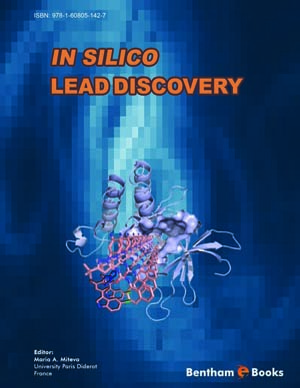Abstract
The number of promising macromolecular targets involved in drug discovery programs has considerably increased because of the recent advances in human genomics and proteomics. In this respect, modern techniques like virtual screening in combination with high-throughput screening are well established approaches to assist identification of novel lead compounds. In particular, structure-based virtual screening is widely applied to search for new hit molecules among a large number of chemical compounds against therapeutically relevant protein targets with known three-dimensional structures. Here, we introduce the main techniques and programs applied for structure-based virtual screening with a focus on the molecular docking–scoring methodology and we discuss key issues that still need to be improved. In addition, we give recent examples of successful applications of hierarchical structure-based virtual screening methods combined with ligand-based ones.






















